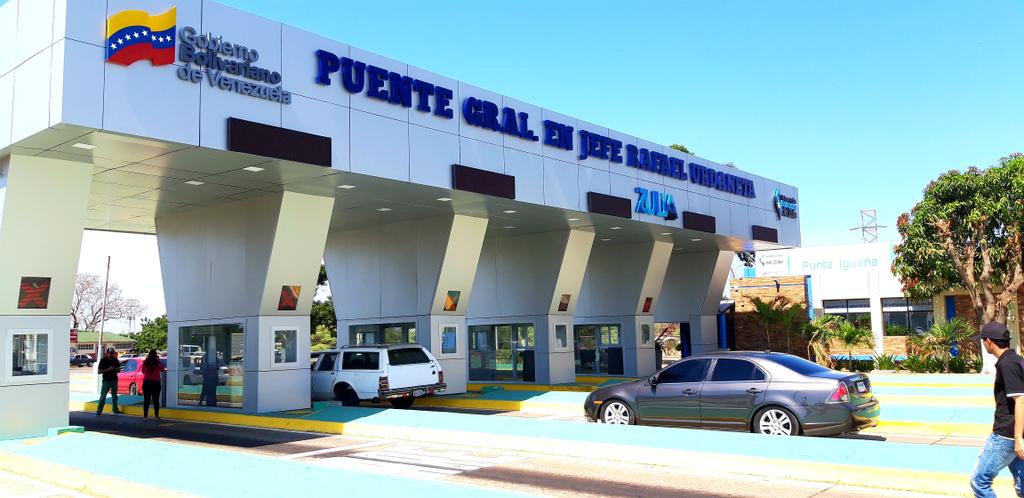Bridge over the Lake toll will stop accepting foreign currency

The administration of the General Rafael Urdaneta Bridge toll, known as the bridge over Lake Maracaibo, Zulia state, reported that starting this Monday, October 7, foreign currency will not be accepted to pay the amount for transit.
In a statement released on its official Instagram account, the entity attached to the Ministry of Transportation detailed that it only They will receive bolivars through cash, point of sale payments and the VenvĂas system.
This system, which operates in coordination with the National Urban Transportation Fund (Fontur), works with a chip in the windshield where the amount is automatically charged.
The measure will also be implemented in other tolls in the state of Zulia, such as Chinita, Santa Rita, Venado, Encanto and Villa del Rosario.
The costs established for August 2023 in tolls are as follows: light vehicles and minibuses must pay Bs 15; buses must pay 20 bolivars; and light cargo vehicles Bs 100.
Two-axle heavy-duty trucks will pay Bs 120; three-axle heavy load: Bs 130; four-axle heavy load: Bs 140; five-axle heavy load: Bs 170; and heavy six-axle load: Bs 200.
With information from The Truth
A black patina of oil on green tea-colored waters dotted with drops of gasoline: it is not a work of abstract art, but the sad reality of Lake Maracaibothe largest in South America and symbol of Venezuela’s dizzying decline.
Maracaibo was the prosperous oil capital of Venezuela, but today it is a city hit hard by the crisis: blackouts are daily, fuel is scarce and its population was forced to leave. The city symbolizes the deterioration that gave context to the presidential elections of July 28.
The lake shores are black. The rubber boots are stained with oil, the T-shirts are bathed in sweat. In the oppressive heat, fishermen use a shovel to remove the sticky oil that accumulates on the shore and makes their activity difficult. It’s an ant’s job.
«We don’t want the lake to run out. “We cry, we suffer with what is happening”says Yordi Vicuña, a 34-year-old fisherman, saying that fishing has been dramatically reduced and that they continually have to replace the ropes and nets that the oil damages.
Independent journalism needs the support of its readers to continue and ensure that the uncomfortable news they don’t want you to read remains within your reach. Today, with your support, we will continue working hard for censorship-free journalism!
